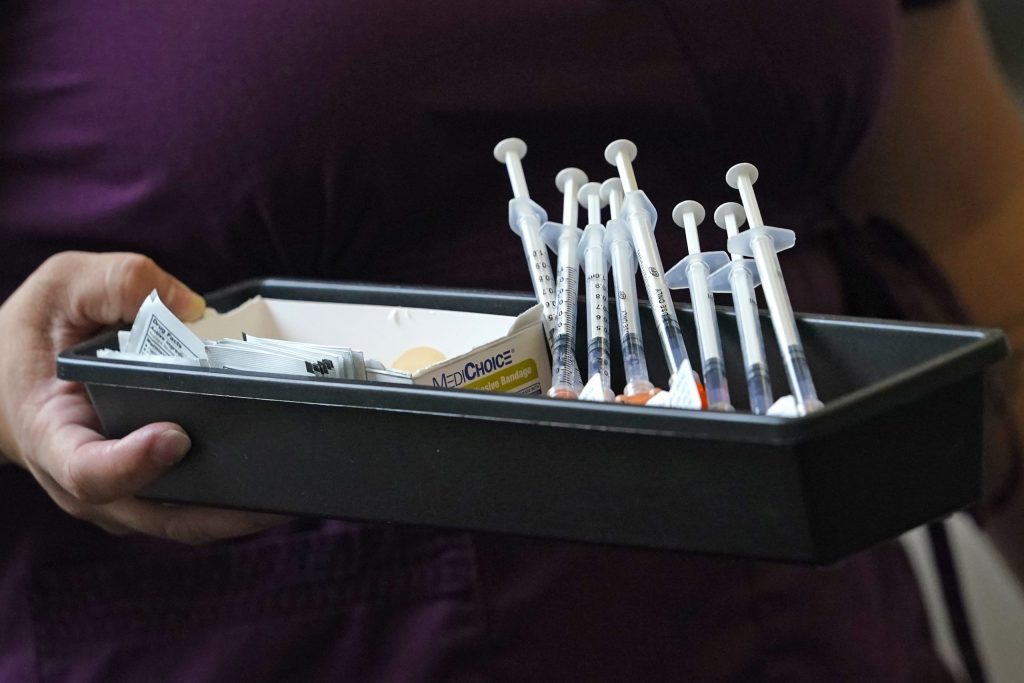Data shows passports more effective than lotteries to boost vaccination rates

EDMONTON (CityNews) ─ While incentives like lotteries and prizes temporarily boost vaccination rates, data shows vaccine passports − and being deprived of non-essential services − are driving more people to get inoculated.
After Alberta offered another incentive for the unvaccinated last week, appointments jumped 22 per cent. Through the first three days, vaccine uptake was up 20 per cent week over week.
Premier Jason Kenney pointed to American states like Colorado as a model for success because they too saw an initial increase.
Advertisement
But those numbers were not sustained.
“What the early data coming out of those jurisdictions is showing us is that it’s not particularly helpful or durable as a response,” said Dr. Michael Chow, president of Doctors of BC.
Alberta also followed the lead of states like Ohio in offering up million-dollar lottery prizes. But the week after that jackpot was announced on June 12, vaccine rates tumbled 19 per cent.
“It may actually cause the anti-vaxxers to dig their heels in even more and to point to this as the evidence of concerns about vaccines,” said Lorian Hardcastle, a health law and policy expert at the University of Calgary.
“Some of the provinces’ claims in their confidence that it would work, I’m not sure what the evidentiary basis for that was.”
Advertisement
But while the effectiveness of cash incentives is in question, health experts say vaccine passports are prompting more Canadians to change their minds.
“The number of people booking in to get their first dose shot up after the passport was announced,” said Chow.
B.C., Quebec and Ontario all saw appointments double the day they unveiled their vaccine passport plans.
“The fewer things that people who are unvaccinated are able to access, the more incentive one has to go and get vaccinated,” said Hardcastle.
Provinces spent most of the summer using carrots to boost vaccination rates, until they were forced to use the stick.
Advertisement
“You know, really trying to move away from the heavy hand and move to a targeted approach, but unfortunately, the Delta variant is so transmissible that it’s had to upend some of our thinking around that,” said Chow.
But vaccine passports shouldn’t be a singular cure-all.
“The government can’t rely on one strategy to do that,” said Hardcastle. “It really has to be multi-faceted because different people will respond to different messaging.”
Vaccine passports for non-essential businesses are likely the last significant tool in the toolbox. Experts say that no government would do the same for essential services. And they insist despite concerns this could be the new normal, it’s merely a temporary fix for an unprecedented problem.
“Masks, vaccine passport, vaccine mandates. They’re tools to help us get to a safer place. It’s no one’s intent that we do things this way forever,” said Chow.
